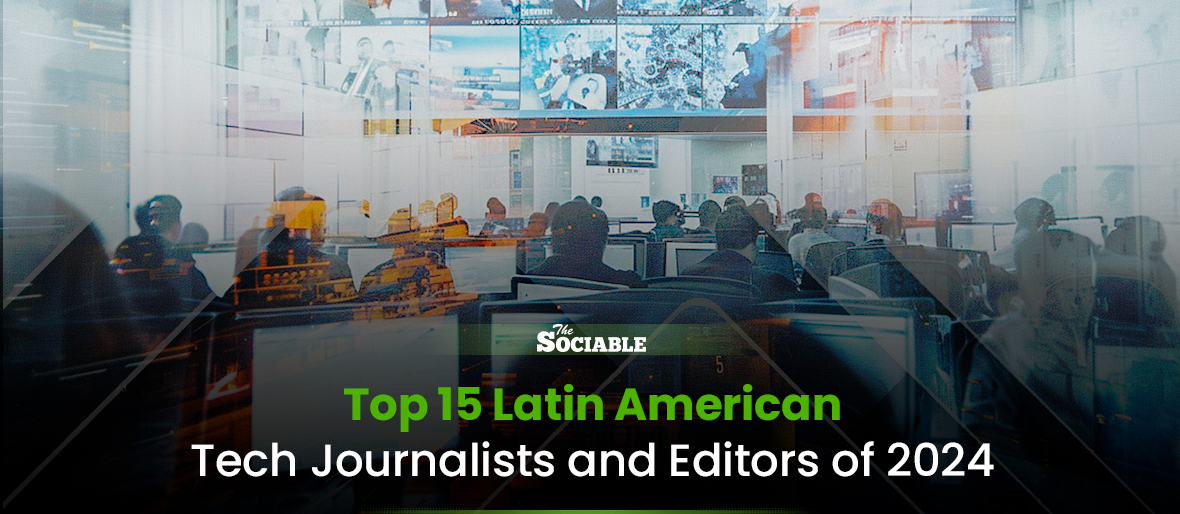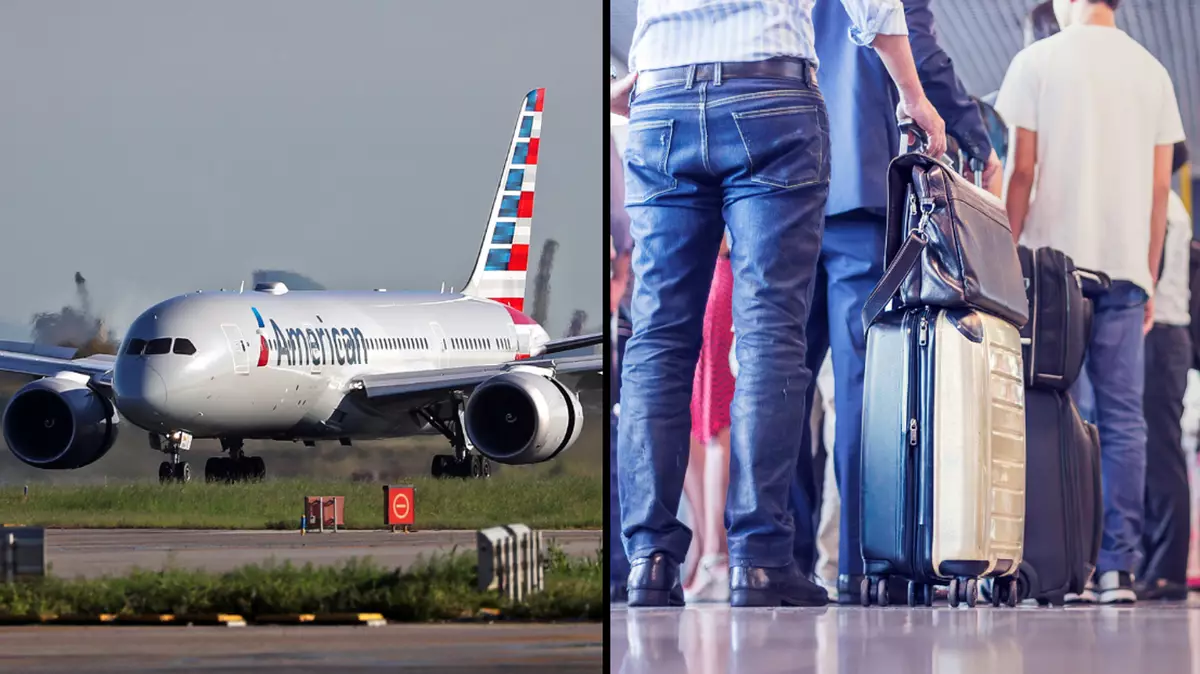Amazon, Google and other American companies ramp up use reliance on H-1B visa holders | World News – Times of India

In recent years, leading American tech companies like Google, Microsoft, Amazon, Apple, and Meta have significantly ramped up their reliance on H-1B visa holders, while India’s top IT firms have moved away from these visas, according to an analysis by ET.
Since 2016, the use of H-1B visas by American firms has surged by 189%, with Amazon taking the lead at a remarkable 478% rise, followed by Meta (244%) and Google (137%). In contrast, major Indian IT firms, including TCS, Wipro, Infosys, and HCL, have reduced their dependency on H-1B visas by 56%.
The increasing reliance on H-1B visa holders by US tech giants over the past eight years contrasts with the approach of India’s IT companies, which have been reducing their dependence, according to the Economic Times analysis. This shift reflects how Indian firms, having established strong operations in the US, are now actively recruiting American workers and offering Green Card sponsorships to experienced professionals.
The heightened demand for H-1B visas among American companies is seen as a response to a need for specialised talent across digital transformation, cloud computing, and AI sectors, according to Vic Goel, managing partner at US-based corporate immigration law firm Goel & Anderson. Goel notes that “US companies must rely on H-1B visas to fill roles with skills not easily found domestically, especially in emerging tech.”
Meanwhile, the recently elected President Donald Trump’s anti-immigration stance could affect the issuance of new H-1B visas, renewals of existing visas, and the work eligibility of H-4 visa holders (spouses of H-1B holders). Founders of Indian origin, such as Aravind Srinivas of the AI start-up Perplexity, have also raised concerns about the challenges associated with obtaining Green Cards, sparking further debate on immigration difficulties.
Immigration experts anticipate that Trump’s return to office could lead to substantial changes in the Immigration and Nationality Act, particularly concerning H-1B visas. Some suggest that country-specific quotas might be introduced, potentially benefiting India due to its diplomatic relationship with the US. Rusell A. Stamets, a partner at Circle of Counsels in Delhi, advises that Indian businesses with significant US ties should proactively deepen their understanding of US policies to positively influence their outcomes.
Regardless of policy adjustments, experts foresee rising costs in hiring foreign talent due to increases in visa fees and wage requirements for H-1B positions. Rajiv Dabhadkar, founder of the National Organisation for Software and Technology Professionals, points out, “The original aim of the H-1B visa programme was to help US employers find talent not locally available, but recent increases in fees and prevailing wages have underscored this intent.”
During Trump’s previous term, H-1B visa applications faced heightened scrutiny, with 34% requiring additional documentation. This created uncertainty for applicants and potentially impacted family stability, particularly if spouses lose work rights. Poorvi Chothani, founder of the immigration law firm LawQuest, warns that “existing H-1B holders may face greater professional and personal instability if wages don’t meet high standards and if H-4 visa holders lose their work eligibility.”
In response, India’s technology sector, through industry body Nasscom, has invested $1.1 billion towards STEM development in the US, forming partnerships with over 130 colleges and universities and upskilling 255,000 employees. This initiative has contributed to over 600,000 jobs in the US, both directly and indirectly, demonstrating India’s commitment to the US talent ecosystem despite changing visa policies.
Related
American Airlines employs new tech in Austin to catch early…
In what feels like an episode of Curb Your Enthusiasm, American Airlines is expanding a new system to catch passengers who try to sneak ahead in line. Accor
American Airlines is deploying new tech to shame boarding line…
American Airlines has a new tactic for shaming boarding line cutters: A loud beeper. CNBC reports that the airline is rolling out a system that emits two loud
American Airlines Rolls Out Tech To Crack Down On Boarding…
With so many loyalty and booking classes, it’s not hard to see why American Airlines has nine boarding groups. To prevent passengers f
Top 15 LatAm tech journalists and editors of 2024
Latin America’s tech industry is booming, with innovative new startups popping up across the region. In 2022 more than 220 startups were f













